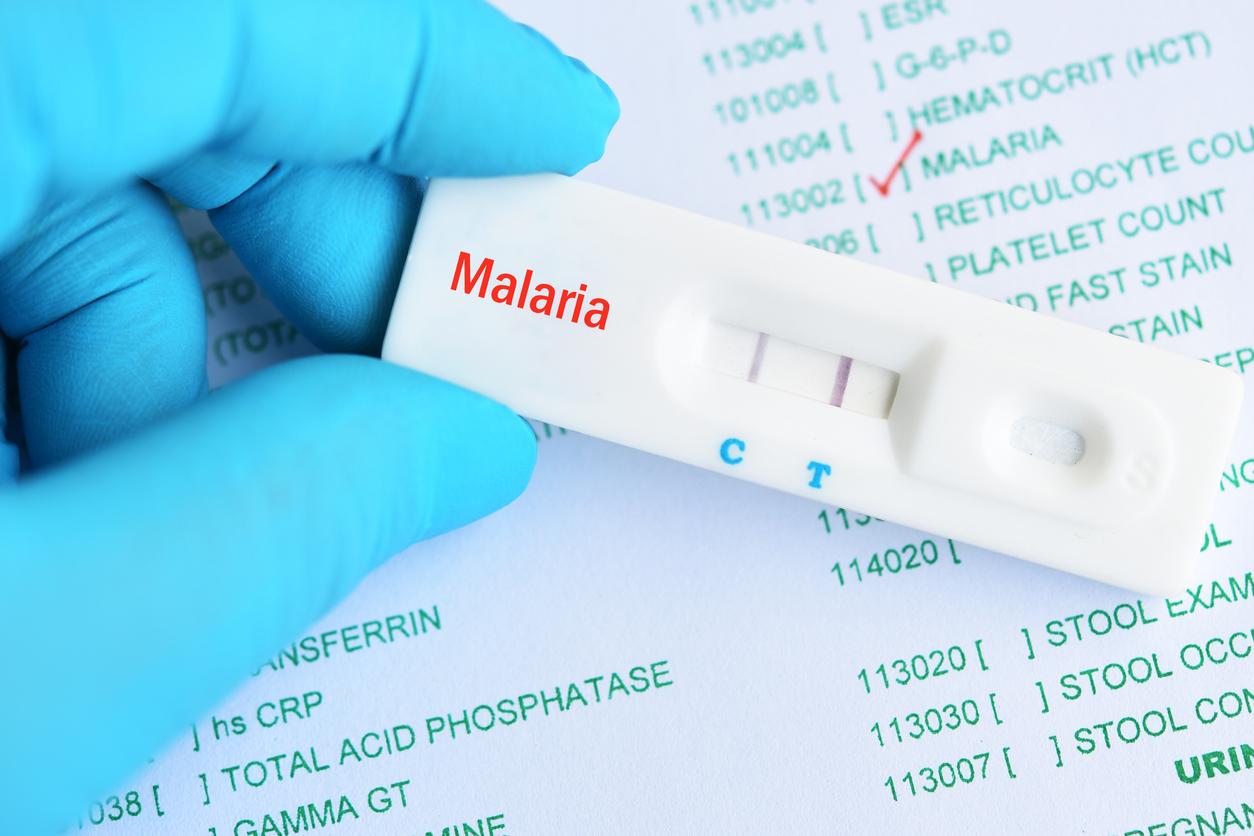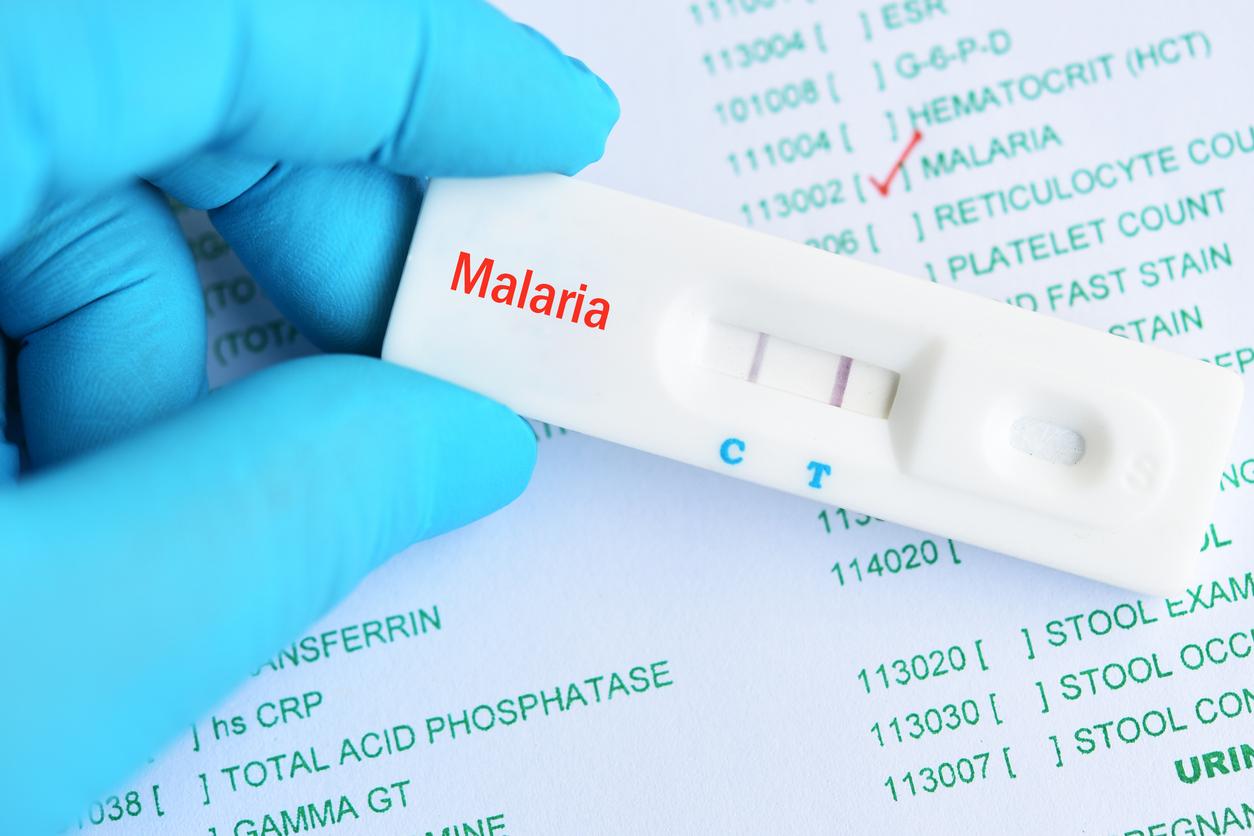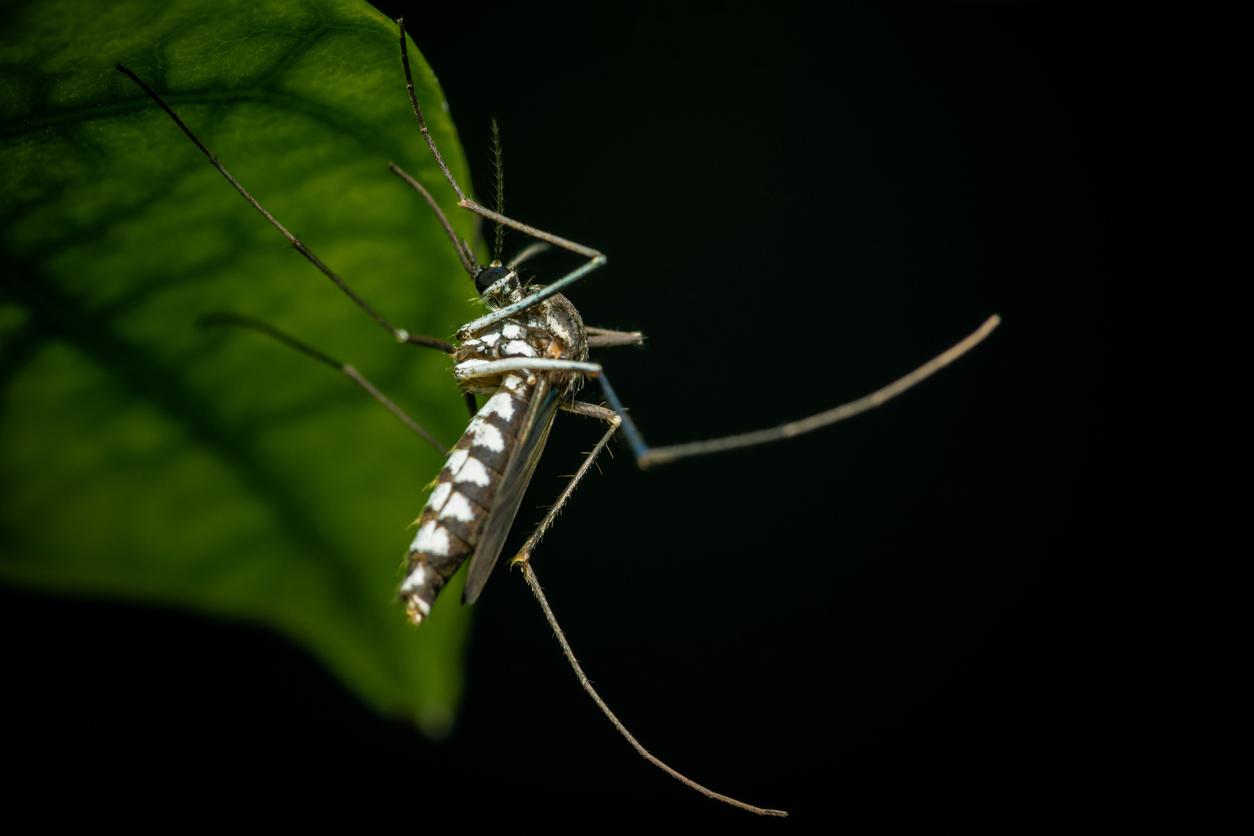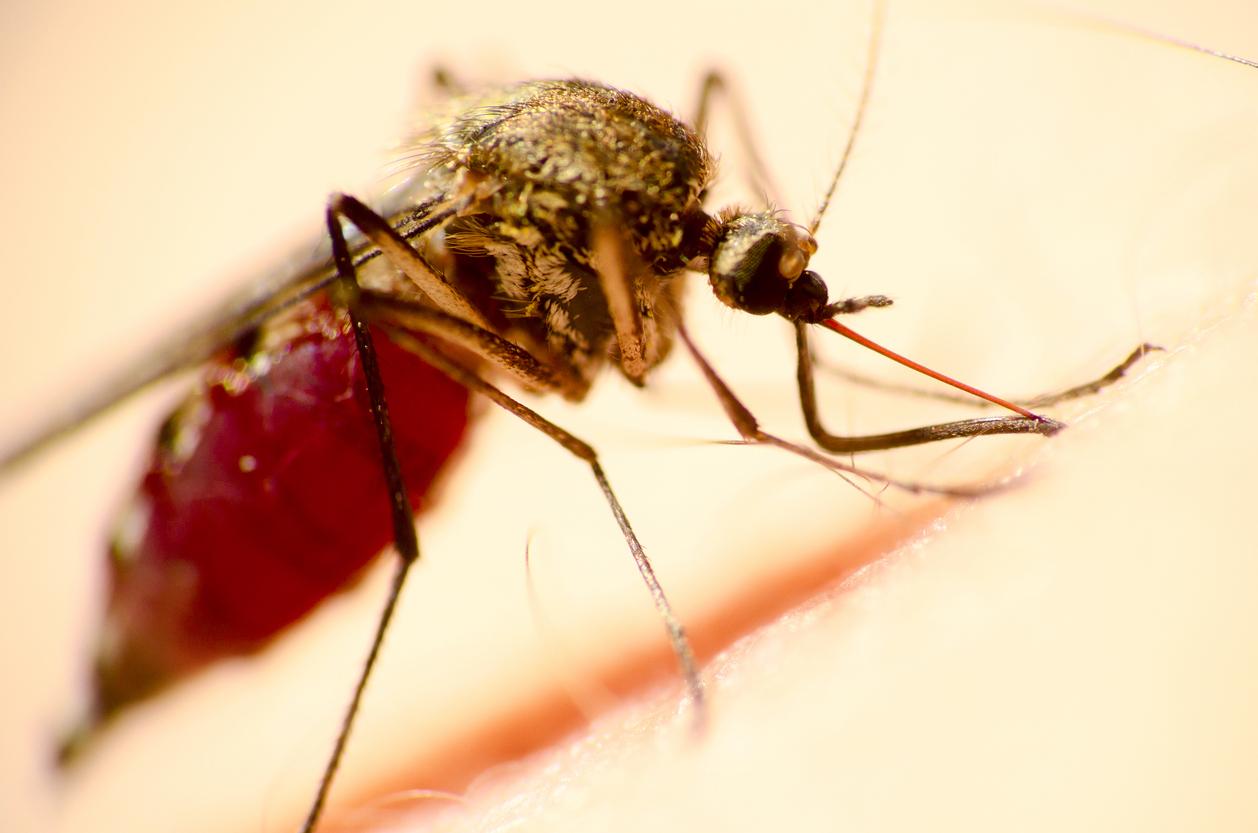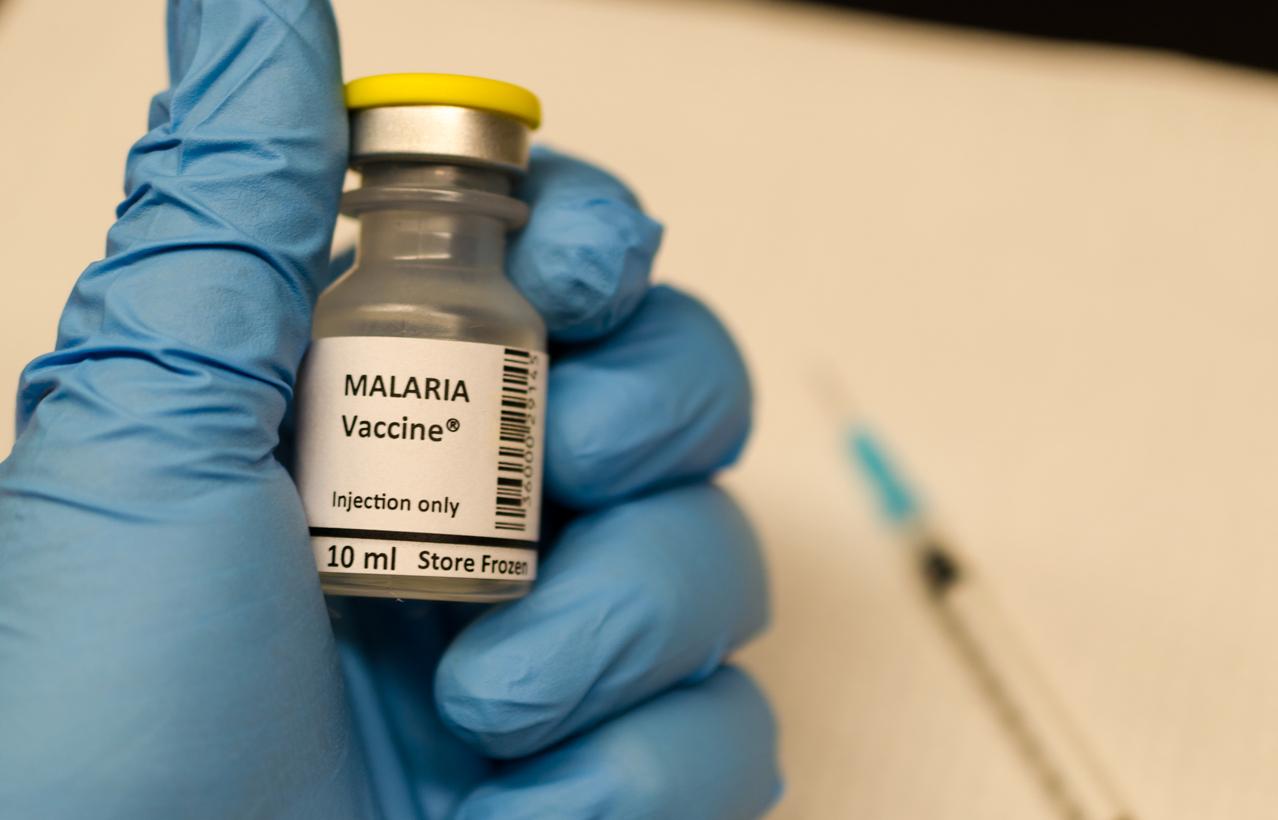
In its press release of November 30, the World Health Organization calls on countries and global partners to step up the fight against malaria. Indeed, progress in this fight is stagnating, due to several factors.
A deadly disease that it is “possible to avoid”
Malaria is an infectious disease transmitted by the bite of certain mosquitoes. The disease is responsible for hundreds of thousands of deaths each year, especially on the African continent. Malaria still affects millions of people, with figures that have changed little over the past 4 years: 229 million cases recorded in 2019 (stagnant figure), 409,000 deaths the same year and 411,000 in 2018. However, with the help of ‘targeted interventions, adapted tools and significant funds (nearly 6 billion), the disease could be curbed. Thanks to the progress made by all global partners, including African leaders, the number of malaria-related deaths had, however, decreased by 44%, from 680,000 to 384,000 per year, since 2000. But as announced l ‘WHO, “the pace of progress on incidence and deaths in the Region [africaine] slowed down”. In fact, during the year 2019, no less than 6 countries in this region accounted for 50% of malaria cases in the world, with 23% for Nigeria, 11% for the Democratic Republic of the Congo, 5% for the Democratic Republic of the Congo. United of Tanzania and 4% respectively for Niger, Mozambique and Burkina Faso. The action plan launched in November 2018 “is based on the principle that no one should die from a disease that is preventable and treatable”, According to the WHO, which wishes to achieve the objectives in the fight against malaria in the world.
A fight slowed down by the Covid-19
Even if the majority of preventive campaigns were carried out during the year 2020, in particular to provide material means, such as insecticide-treated mosquito nets and medicines for children, the WHO report indicates that “ COVID-19 has been an additional barrier to the provision of essential health services around the world”. Indeed, the health agency has some concerns, related to possible disturbances, of the order of 10%, for the population to access treatment, which could cause nearly 20,000 additional deaths. According to Dr Matshidiso Moeti, WHO Regional Director for Africa, “ COVID-19 may further undermine our efforts to defeat malaria, especially treatment of people with the disease ”. And add “ international partners and countries need to do more to make resources available ”.









